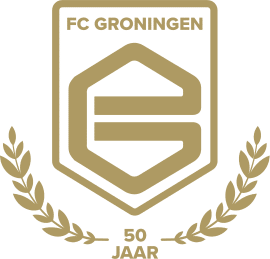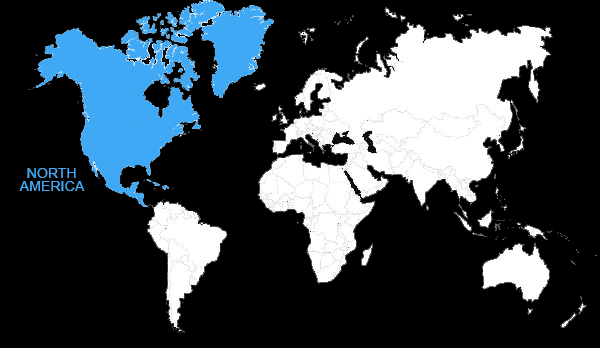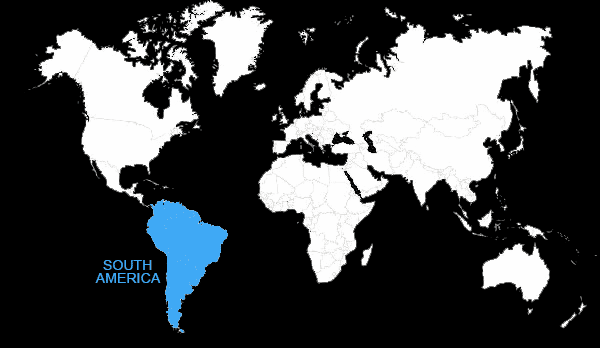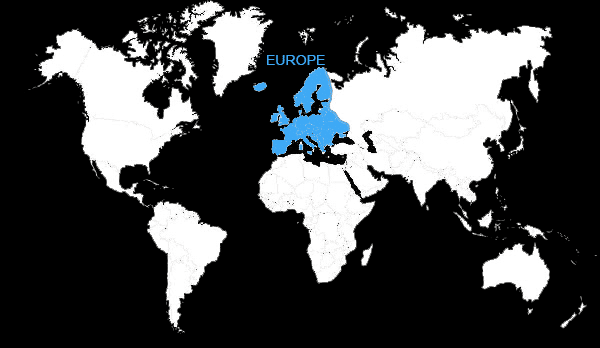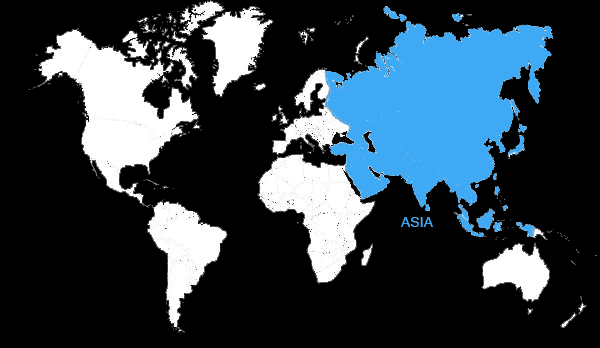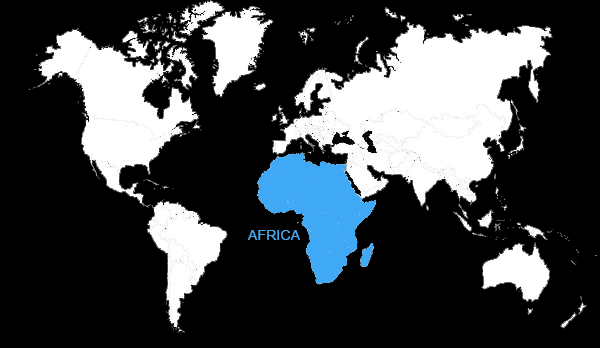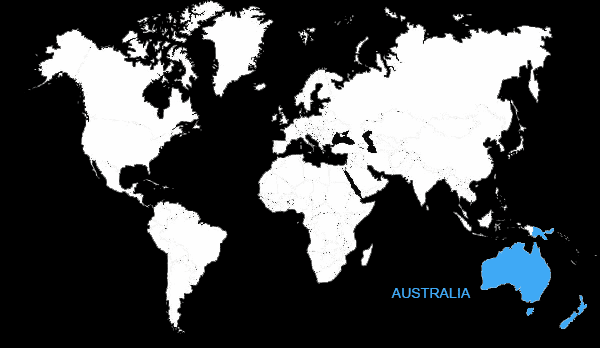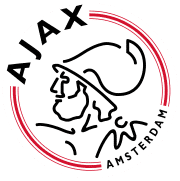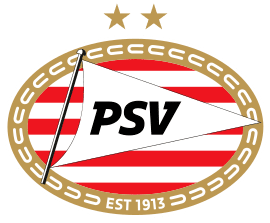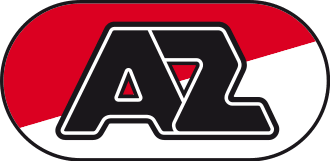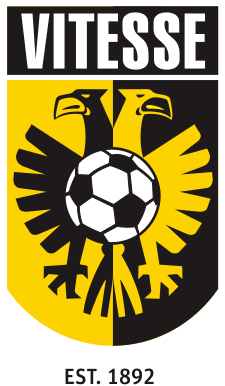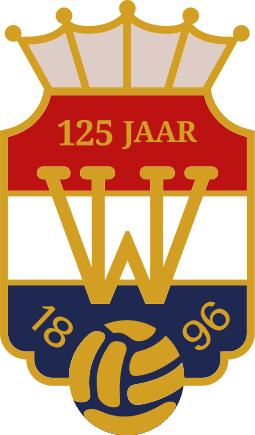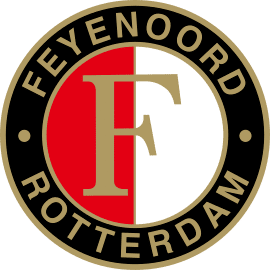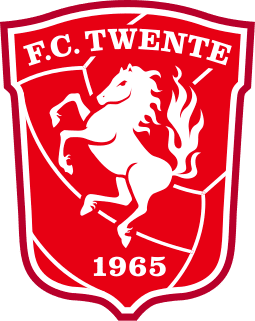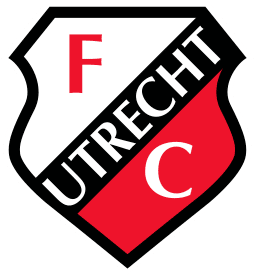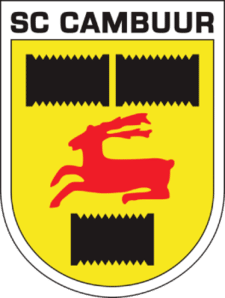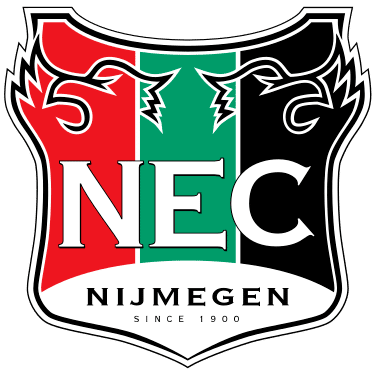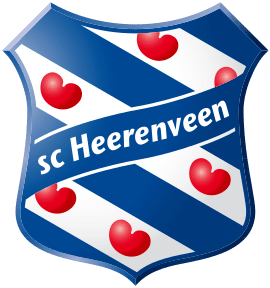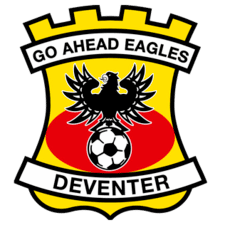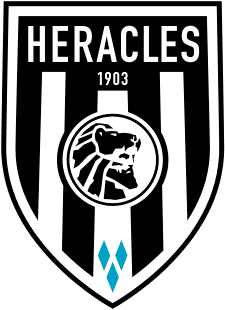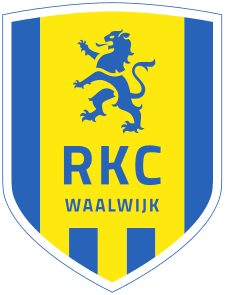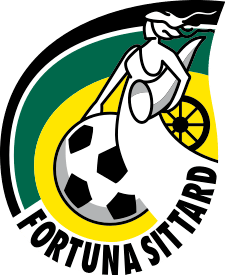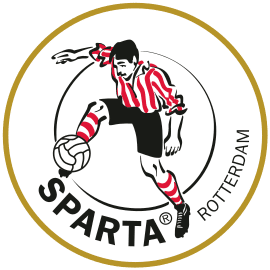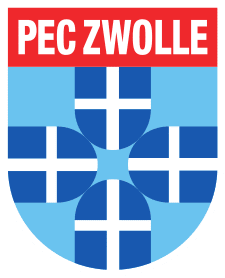FC Groningen Tryouts & Club Guide: History, Stadium, Players, and More!

Welcome!
Discover the world of soccer with fcscout.com, your go-to scout for club tryout information, club guides, player profiles, in-depth product reviews, and more. We’re dedicated to exploring and revealing the best in each domain, empowering you with knowledge to make informed choices.
Thank you for being here!
Hi, I’m Carlos! A coach, sports enthusiast, and the founder of FCScout.com.
I fell in love with the game at a very young age like many of you. I’ve been following and playing soccer for many years.
Throughout my career, I always enjoyed helping soccer players chase their dreams, which is why I started this website. I wanted to reach a larger audience outside of my local area and fcscout.com was born.
This website is a platform I will be using to update club pages on any tryouts, stadiums, players, tech, and more from clubs around the world. I also create free recruitment profiles for players looking to have that extra competitive edge when reaching out to clubs.
That’s it. That’s my pitch for you to stick around (or browse the site as you please).
This is already too much text for a “see more” drop-down button thing. If you want to reach out to me, head on over to my contact page 🙂
Football Club Groningen is a Dutch professional association football club based in Groningen, province of Groningen. The team currently compete in the Eredivisie, the highest tier of Dutch football.
FC Groningen Youth Development System
THE FC GRONINGEN FOOTBALL SCHOOL
At FC Groningen you develop your football and motor skills under the guidance of qualified trainers. During the training sessions you get a lot of personal attention and space to develop yourself as a football player and person. With the establishment of the FC Groningen Football School in the region as a replacement for the current Regional Football Schools, the club creates a broad platform for all young football fans. By offering multiple cycles of training, this method is given a structural shape and is used for football development throughout the hinterland. The program of the FC Groningen Football School is in line with the football program of ‘Training as a Prof’ and the learning lines that are central to the training of the club.

Where the football activities of the Regional Football School were available for a selected number of football players, the activities of the FC Groningen Football School in the region will be accessible to all young football players – boys and girls – from the region. All footballing boys and girls from 6 to 14 years old are given the opportunity to train weekly like a football pro.
It is now possible to register for cycle three. Cycle three starts on January 14 (ACV – vv Zuidhorn) or January 16 (GVAV – vv Wildervank)
You can register for this via the following link: click here!
It is also possible to sign up for half a season .
All training dates and times can be found via the following link: click here
FC GRONINGEN CLINIC
Do you want to train with your association or company like a real FC Groningen professional? Do you want to receive training from FC Groningen trainers? Book the FC Groningen training clinic now!
FC Groningen will come to your association or company with trainers and accompanying furnishings and provide the (youth) members or participants with training based on exercise material from the FC Groningen Training.
The training is given from FC Groningen Training as a Prof , with which we organize numerous activities throughout the year, from FC Groningen on Tour to the FC Groningen Football Camp.
NEW! In addition to the training clinic, we also provide goalkeeper clinics. Do you want to teach your (youth) keepers more about the goalkeeping profession of a FC Groningen goalkeeper coach? Request a free FC Groningen goalkeeper clinic now!

THE OUTING OF YOUR TEAM, THE END OF THE SEASON OF THE CLUB, THE 100TH ANNIVERSARY OF THE ASSOCIATION; THE FC GRONINGEN CLINIC IS AN IDEAL ACTIVITY!
You can request a quote without obligation by filling in the form.
Based on the duration of the clinic, the group size, location and any other wishes, we are happy to determine a tailor-made program! An FC Groningen clinic is for everyone, regardless of level! Is your association a member of the Amateur Covenant ? Then you will receive a 50 euro discount on a FC Groningen clinic.
Fill in the form by clicking here and give (youth) members an unforgettable day!
Football Camp
Are you between 6 and 14 years old, a big football and FC Groningen supporter and do you want to have an unforgettable holiday week?
Then come to the FC Groningen Football Camp at the FC Groningen training complex or at a club in your region.
During the FC Groningen Football Camp you develop on the basis of the unique football, exercise and FUN program. You get to know FC Groningen players, visit Euroborg and are guided by qualified enthusiastic trainers.

WHAT MAKES THE FC GRONINGEN FOOTBALL CAMP SO UNIQUE?
- You will be guided by enthusiastic and certified trainers, who work with the vision and practice material of the FC Groningen Training.
- During the week there is training in small groups, so that each player receives a lot of personal attention and can develop as an individual.
- During the FC Groningen Football Camp, the participants receive a healthy sports lunch, which gives you the necessary energy for the afternoon training sessions!
- FC Groningen is more than football! During the week, a number of other activities will take place that will develop you both on and off the football field!
- You will sleep well at home during the FC Groningen Football Camp. So you can start every football day rested!
- Is your question not listed? Then look at frequently asked questions .
Still unclear? Send an email to trainingalseenprof@fcgroningen.nl
FC Groningen Goalkeeper School
FC Groningen Training like a professional goalkeeper starts this season at the FC Groningen Keepers School. This is a follow-up to the FC Groningen goalkeeper training. With the FC Groningen Keepers School the goalkeeper activities get a more structural character, children can participate in the training sessions for a longer period of time. From Friday 29 October, children from the hinterland of FC Groningen will have an even better opportunity to develop as goalkeepers.
FC Groningen will start this season with the FC Groningen Football School, where training sessions are offered at four locations in the region. At the Assen location, near ACV, the FC Groningen goalkeeper school will be given a place on Friday evenings. The FC Groningen Keepers School provides an improved follow-up to the FC Groningen goalkeeper training, in which goalkeeper training has been provided by the goalkeeper coaches of the FC Groningen Training since last season. With the FC Groningen Keepers School, children from eight years old are given the opportunity to develop with weekly professional training sessions according to the method and working method of the FC Groningen goalkeeper training.
FC Groningen Recruitment Trials
At the time of this writing, there is no official publishing’s on FC Groningen trials. Please come back at a later date while we monitor this club or click here to visit their official news section.
EXPLORE MORE CLUBS!
Explore more professional clubs by continent.
FC Groningen History
The year 1954 marked the beginning of professional football in the Netherlands. Be Quick, Velocitas 1897, GVAV, and Oosterparkers are the Groningen-based clubs that made the transition to the professional level. In 1956, GVAV became one of the founding members of the top division, the Eredivisie. At the same time, in the third division, the Tweede Divisie, Be Quick, Velocitas, and Oosterparkers were also among the founding members.
This left GVAV as the only professional team in the city, while Oosterparkers rapidly went back to their amateur status, Velocitas continued to play professional football until 1960, and Be Quick continued to play professionally until 1964. The GVAV club had gotten mired in financial difficulties despite the fact that it had average home attendances of more than 10,000 fans during the early 1960s. This served as the impetus for the founding of the “Stichting Betaald Voetbal GVAV” in the year 1963.
This trio was comprised of the GVAV, the administration of the Groningen municipality, and an organization that represented local businesses. To become shareholders in the foundation, each of the three parties contributed 300,000 guilders, despite the fact that GVAV’s finances were in a precarious position and the organization’s future as a professional side was doubtful. In spite of this, the team spent the entirety of the 1960s competing in the Eredivisie before being demoted to the Eerste Divisie for the 1969–1970 season.

Groningen were eligible to compete in European championships for the first time after finishing in fifth place in the 1982–1983 season. Both Ronald and Erwin Koeman had made their first appearances in the professional game for Groningen before Ronald left the club in 1983 to join Ajax. Ronald had made his debut in the league with Groningen. The team made its debut in the first round of the 1983–1984 UEFA Cup with an away encounter against Atlético Madrid, a club that had previously competed and won the European Cup.
However, the team was defeated by a score of 2–1. Groningen emerged victorious overall with a 4–2 score after taking the second match by a score of 3–0. Groningen faced Inter Milan in the second round of the competition. Groningen won 2–0 at home Oosterparkstadion, but they were defeated 5–1 in Italy and were ousted from the competition.
Groningen participated in European competition once more on five separate occasions between the years 1986 and 1992, with the best results being a spot in the third round of the 1986–1987 UEFA Cup (where they were eliminated by Vitória de Guimares) and the 1988–1989 UEFA Cup (where they were eliminated by VfB Stuttgart). Groningen became almost fully professional during the middle of the 1980s as a result of the successful spell. Only Jan van Dijk and Adri van Tiggelen remained semi-professional during this time.
As a result of the successful spell, Groningen recorded the fourth highest average home attendances in Dutch football during this period, behind Ajax, PSV, and Feyenoord, as it attracted at least 10,000 fans for each match. Groningen made it all the way to the KNVB Cup final in 1989, but ultimately fell to PSV by a score of 4-1.
In the same year, the Groningen chairman Renze de Vries was found guilty of embezzlement and using dirty money to entice players into signing for the club by the Fiscal Information and Investigation Service (FIOD). De Vries, who had served as Groningen’s chairman since 1980, resigned his position and was subsequently sentenced to several days in jail.
Groningen was assessed an additional penalty of 700,000 guilders by the Tax and Customs Administration during this time period. This was the case despite the fact that the FIOD had also examined and sanctioned a number of other clubs during this time period. The club owed millions of dollars and was dangerously close to declaring bankruptcy due to their financial situation.
Despite the difficulty of the financial position, Groningen achieved their best-ever league finish of third place in the 1990–1991 season. Groningen, who are managed by Hans Westerhof, were in contention for the league title together with Ajax and PSV until the latter part of the season, when suspensions and injuries to first team players caused them to drop points.
Groningen are currently in third place in the league. Both Hennie Meijer and Milko Djurovski, who played forward for Groningen, scored 27 goals throughout the season; Meijer was honored as the Dutch Footballer of the Year following the conclusion of the competition.

Groningen overcame a 5–1 deficit against ADO Den Haag but ultimately fell short in the European competition play-off final. The game was decided by a penalty shootout. Groningen finished fifth overall in the 2010–11 season under Huistra’s leadership. Groningen won the European tournament play-off final in the 2013–14 season under the management of Erwin van de Looi and qualified for the 2014–15 UEFA Europa League.
However, Groningen’s match against Aberdeen in the second qualifying round ended in a loss. However, Groningen took home their first major trophy of the season after claiming victory over PEC Zwolle in the 2015 KNVB Cup Final with a score of 2-0. After Be Quick in 1919–20 and Velocitas in 1933–34, this team from Groningen became the third Groningen-based team to win a major honor. Be Quick won the Dutch League Championship in 1919–20, and Velocitas won the KNVB Cup in 1933–34.
Groningen qualified for the group stage of the 2015–16 UEFA Europa League by virtue of their cup victory; however, they were unable to accumulate any points from their six group matches and ended up finishing in last place. In 2019, Hans Nijland, who had served as CEO of Groningen since 1996 and was the director with the longest tenure in Dutch professional football, stepped down from his position and was succeeded by Wouter Gudde of Excelsior.
Arjen Robben came out of retirement and returned to Groningen as a player in the year 2020. Robben played for the club for a total of seven games before retiring for the second and final time in the year 2021.
FC Groningen Crest
In the months following the establishment of Groningen in June 1971, the local newspaper Nieuwsblad van het Noorden held a contest to determine the club’s crest design. The design that was picked was created by Reint Rozema, who is 21 years old and works as a designer at a printing firm in the area. It is an abstract letter “G” that refers to the city of Groningen.
In 1993, board member Jos Smulders suggested the addition of a Pegasus to the insignia in order to give the Groningen squad “more dynamism and aggression.” In 1996, the Pegasus was removed, and in 1997, the original crest was reinstated.

Since the beginning of the club, the city of Groningen’s coat of arms has served as inspiration for the club’s colors, which are green and white. During the first few seasons of the team’s existence, they also competed in a few matches wearing a purple kit. Groningen’s shirts had been made by regional businesses up until 1975, when Adidas became the first company to have its emblem appear on one of the club’s jerseys.
In 1982, AGO was the first company to sponsor the team’s uniforms. Since that time, the club has worked with a number of different makers of kits and sponsors of its shirts. Groningen’s home jerseys featured a variety of green and white color combinations up until the early 1990s, when the club decided to switch to a white shirt with two green stripes running vertically down the front.
FC Groningen Stadium
Since the 1930s, Oosterparkstadion has served as the arena in which GVAV and Groningen have played their home matches. Since January 2006, however, the matches have been played in Euroborg instead.
At the Oosterparkstadion, the Dutch national team competed in two international matches: the first was in 1981 against Cyprus, and the second was in 1983 against Iceland. In 1985, Groningen played Feyenoord to a 1–1 tie at the stadium, and 21,500 spectators were there to watch it. This was the highest crowd the club had ever seen at the venue.

The club’s initial interest in constructing a new stadium away from Oosterparkstadion was voiced in 1996. At the time, Oosterparkstadion had fallen into disrepair and could only hold approximately 12,500 spectators. The construction of Euroborg in Groningen began in 2003, and Wiel Arets was the architect for the project. On January 13, 2006, Groningen played Heerenveen in the inaugural match in their new stadium. Groningen came out on top with a 2–0 victory. It was the site of the final of the UEFA European Under-21 Championship in 2007, which was won by the Netherlands with a score of 4-1 over Serbia. Groningen became the first club in the Netherlands to have its very own solar power plant in 2014.
More than a thousand solar panels were installed on the roof of Euroborg in order to make Groningen “more environmentally friendly.” The current capacity of Euroborg is 22,525, and it is known by the nick names “De Groene Hel” (“The Green Hell”) and “De Green Kathedraal” (“The Green Cathedral”). There are a total of four stands within the stadium: the Tonny van Leeuwen Tribune, the Piet Fransen Tribune, the Koeman Familie Tribune, and a stand that houses skyboxes.
